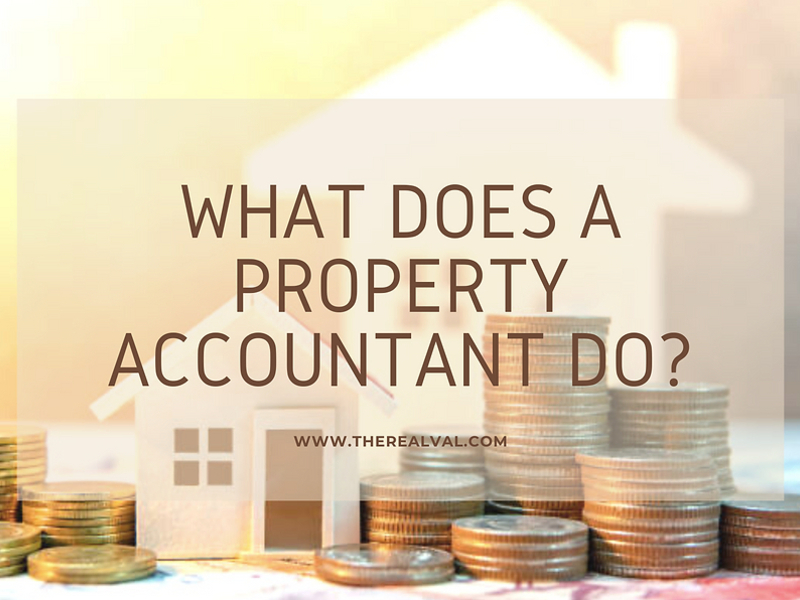Property accountants are pivotal figures in the realm of real estate, providing invaluable support to property management firms, real estate developers, and property proprietors in efficiently overseeing their financial matters. Their role transcends the conventional boundaries of accounting and finance, embracing a distinct set of competencies finely tuned to address the intricacies associated with property ownership and management.
This article will explore the multifaceted responsibilities of property accountants and elucidate the irreplaceable significance they hold within the dynamic domain of real estate.
But, what is property accounting?
Property accounting is a subset of accounting that focuses on the financial implications of real estate and property management. Property accountants are in charge of keeping correct financial records, tracking income and spending, and ensuring that necessary rules and regulations are followed. Their function is especially important in businesses where real estate is a valuable asset, such as commercial and residential property management, real estate investment, and development.
What exactly does a property accountant do?
1. Financial Record Keeping: Property accountants excel in the meticulous maintenance of impeccably organized and current financial records for all properties under their purview. They adeptly track income derived from rent, lease agreements, and various revenue channels, while simultaneously documenting expenses linked to property maintenance, repairs, and operational outlays.
2. Budgeting and Financial Planning: Property accountants are valuable collaborators in the formulation of budgets for property operations. Their expertise enables property owners and managers to forecast future income and expenditures, thereby facilitating well-informed decisions regarding rental rates and overall financial strategies.
3. Tax Compliance: Property accountants stay vigilant, remaining well-versed in the intricate landscape of real estate tax laws, which often undergo dynamic shifts. They meticulously prepare and submit property-related tax returns, ensuring unwavering compliance with local, state, and federal tax regulations.
4. Financial Reporting: Property accountants are adept creators of financial reports and statements, including but not limited to profit and loss statements, balance sheets, and cash flow reports. These reports supply property owners and management with indispensable financial insights to steer their decisions effectively.
5. Audit Support: In scenarios necessitating financial audits or inspections, property accountants emerge as stalwart support, delivering precise records and documentation. Their vital role extends to assisting auditors in validating financial transactions and guaranteeing unwavering adherence to exacting accounting standards and regulations.
6. Vendor and Contractor Management: Property accountants proficiently collaborate with vendors and contractors to ensure meticulous payment management, as well as the accurate recording and settlement of expenses related to property maintenance and repairs.
7. Lease Analysis: Property accountants bring their expertise to the table, conducting incisive lease analyses aimed at optimizing rental income and ensuring that property owners reap the highest possible returns on their investments. This comprehensive suite of responsibilities underscores the indispensable role of property accountants in the dynamic realm of real estate.
What are some skills that a property accountant must have?
1. Education in Accounting: Typically, property accountants are required to possess a bachelor's degree in accounting or finance. Some may also hold advanced degrees or certifications.
2. Real Estate Acumen: A fundamental comprehension of real estate and property management principles is indispensable for the proficient execution of property accounting responsibilities.
3. Software Proficiency: Property accountants must demonstrate adeptness in employing accounting software, spreadsheets, and various financial tools to effectively manage property-related data.
4. Meticulous Attention to Detail: In property accounting, precision reigns supreme, given that even minor inaccuracies can result in substantial financial discrepancies.
5. Effective Communication: Property accountants frequently engage in collaborative interactions with property managers, tenants, vendors, and auditors. Hence, skillful communication proves pivotal in ensuring seamless operations within the real estate arena.
Their responsibilities extend beyond typical accounting because they must handle the complicated world of real estate transactions, tax legislation, and lease agreements. Property accountants play an important role in assisting businesses and individuals in making educated financial decisions about their real estate assets by maintaining correct financial records, producing analytical reports, and managing budgets.
Where can you hire an efficient Property Accountant from?
There is a plethora of ways to hire a property accountant whose knowledge and values align with your requirements- job websites, universities, recruitment agencies, and more.
Furthermore, we at RealVal, can help you provide with efficient and exceptional talent to fulfil all your property accountant needs.
Trending





